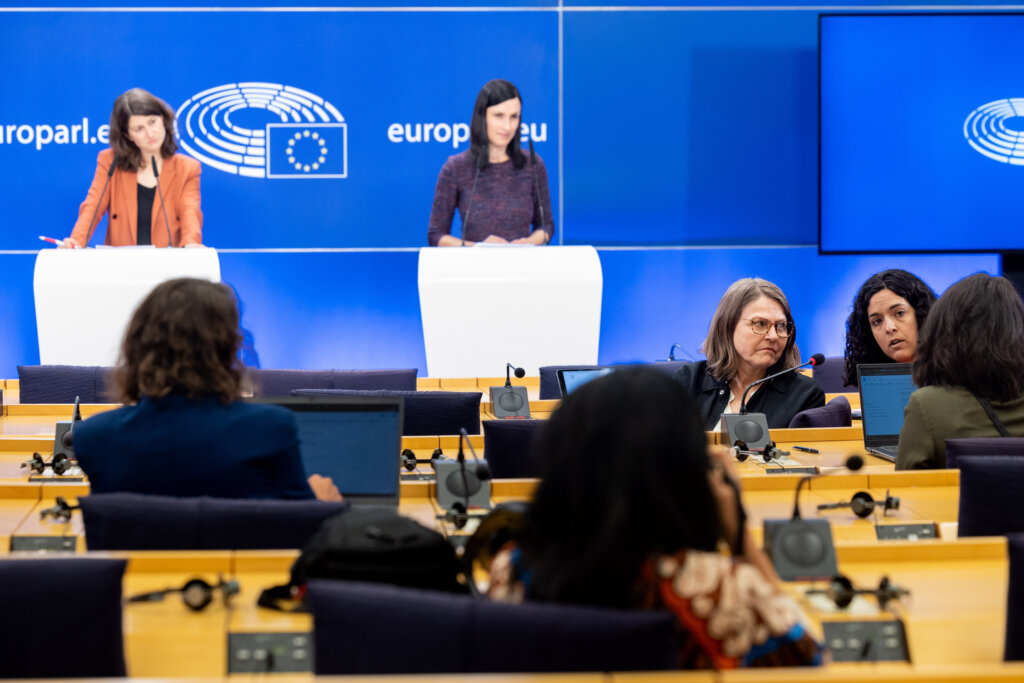On 14th December, the European Union agreed a new a Corporate Sustainability Due Diligence Directive (CSDDD) designed to protect human rights and the environment along business supply chains. The new rules oblige large EU-based companies and those in high-risk sectors – including agriculture, mining and textiles- to integrate due diligence into their policies and risk-management. The rules will apply to EU companies and parent-companies with over 500 employees and a global turnover or at least 150 million euros. Smaller operators in high-risk sectors, and non-EU based businesses, will also be obliged to comply if they that generate at least 20 million euros inside the EU. The directive is designed to help put an end to some of the most pernicious practices in modern value chains, such as trade union rights violations, labour exploitation, ecosystem damage, pollution, excessive water consumption and deforestation.
Under the new directive, companies will be liable for breaching their due diligence obligations and victims will have the right to compensation. Each EU member state will designate an authority to oversee compliance, who will be able to launch investigations and impose penalties including ‘naming and shaming’ companies and fines of up to 5% of net worldwide turnover. Compliance with CSDDD will become a criterion for awarding public procurement contracts.
The legislation is another feather in the bow for the workers’ rights movement and comes at a time when European retailers are taking proactive measures to change the status quo, with a growing number of countries making public commitments to implement living wages in their banana supply chains, and agreeing to work together to achieve shared goals. This week, German retailers made a public statement in support of the important role that trade unions can play in bringing about living wages:
We strongly believe in the essential role played by workers‘ representations in improving working conditions in the banana industry and making it more sustainable. For this reason, we consider the strengthening of workers‘ representation in the banana sector as a significant achievement in our roadmap towards promoting decent working conditions and a dignified life for all employees in this industry…We wish to emphasise that we maintain a position of zero tolerance for any activity that goes against human rights, and that this is fully reflected comprehensively in our members’ sourcing strategies. We urge all actors in our members’ supply chains to consider these commitments in relation to their daily activities.
While the new CSDD directive has broadly been met with enthusiasm from civil society organisations, academics and others campaigning for justice in international supply chains, it remains a work in progress. Concerns around the agreement were raised in a joint press statement by Fairtrade, Rainforest Alliance, Fairtrade Advocacy Office and Solidaridad, including the fact that financial institutions are not sufficiently covered by the regulations, that it applies only to very large companies, and that the burden of proof remains on the victims, making it hard for those who have been exploited in global value chains to access justice. Others have concerns around the potential over-reliance on third-party auditors and certification schemes in achieving compliance, to the detriment of grassroots organisations – such as trade unions – taking a role in a process which is ultimately designed to improve their lives.
Among the positive achievements of the directive is the fact that companies are mandated to only terminate business relationships with suppliers as a last resort – encouraging a responsible approach to sourcing where companies and their suppliers collaborate to solve problems, and ultimately protecting the income of workers, with a view to improving their situation rather than worsening it.
In reacting to the news, Banana Link’ international coordinator Alistair Smith recalled how much work had been put in by civil society organisations and their allies:
“We have organised dozens of meetings in Brussels with representatives of workers and small farmers most affected by corporate behaviour along tropical fruit chains. Since as long as 20 years ago the European Banana Action Network (EUROBAN) – of which Banana Link is a founding member – has been calling for proper regulation to go beyond the voluntary approaches that had been adopted by companies in this most visible of sectors to defend themselves against allegations of human rights and environmental abuses. Voluntary standards and third-party auditing such as Rainforest Alliance have failed to improve conditions for the majority of workers. Although it should be recalled that Fair Trade’s minimum price model has enabled thousands of small farmers to remain in the trade, most workers in certified plantations do not benefit as they should from better access to their rights and living wages.”
For Banana Link, it is clear that the EU’s long-awaited decision is welcome, even if, as always, the proof of the pudding will be in the eating. While it is a major regret the UK is missing out on this progressive legislation, we are hopeful that efforts by civil society and the trade union movement will bear fruit before too long, and some of the weaknesses of the EU legislation can be rectified.
